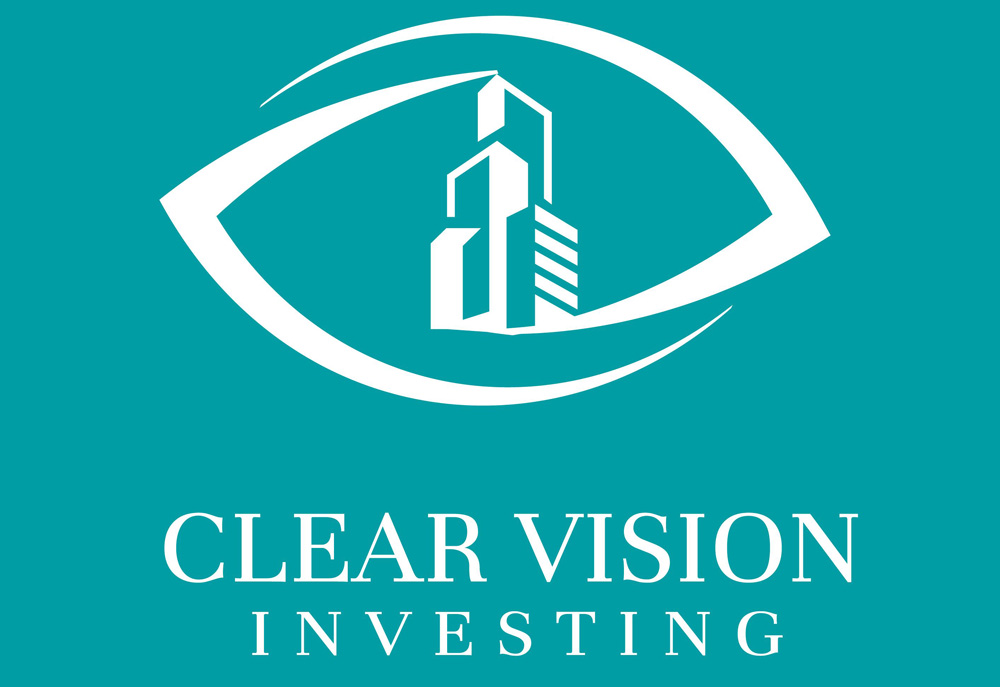Fees, fees, fees. They seem to be everywhere.
You want to use your credit card to pay for a transaction online? Great, but there’s a convenience fee.
You want to get Chinese take-out delivered to your house? No problem, but there’s a delivery fee.
Seems like we just can’t escape fees. Well, fees also exist for real estate syndications.
Real estate syndications allow investors to be hands-off and not have to deal with the day-to-day tasks associated with owning real estate. But there are fees associated with these deals, and it’s critical for anyone contemplating investing in a syndication to understand these fees, as they can influence the overall profitability and returns.
In this article, we’ll discuss the most common fees seen in a real estate syndication, what each one means, and what to look for when evaluating an investment opportunity.
Why are there fees?
Let’s start with the question, “Why do sponsors charge fees?”
The short answer is that sponsors are running a business. Sponsors make their money in two ways: fees and equity splits. Many deals are structured so that sponsors only collect a return on their equity after investors have earned their profit. Sponsors cannot work for free and have to “keep the lights on,” which is why sponsors will usually collect fees.
Common Fees in a Real Estate Syndication
Sponsor fees vary from deal to deal, but below are the most common fees you’ll see in a real estate syndication, categorized by when they occur during the property’s life cycle.
#1) BEGINNING OF THE DEAL FEES:
Acquisition Fee
Getting the deal to the closing table takes a significant amount of time, effort, and expense. For instance, the sponsor has to put earnest money at risk, handle paperwork, and oversee and pay for inspections. Often they have to do this multiple times before they get a property under contract and closed.
The acquisition fee covers the cost of the sponsor’s efforts in conducting due diligence on the property and for providing the investment opportunity.
The acquisition fee typically ranges between 1-3% of the purchase price of the property. This fee is a one-time payment paid at the time of closing.
Loan Fee
The loan fee compensates the sponsors for their efforts in securing financing. A loan fee is typically 1% of the total loan amount.
Loan Guarantor Fee
Some loans will require a partner to directly promise assets as a collateral. A sponsor may use a person with a high net-worth/balance sheet to sign on the loan. In such cases, the loan guarantor is typically compensated 1-2% of the loan amount and paid once at closing.
#2) HOLD PERIOD FEES:
Property Management Fee
Property management involves the day-to-day oversight of the property, including cleaning, repairs and maintenance, leasing, rent collections, landscaping, and snow removal. Property management can be managed in-house or through a third-party.
It should be noted that if the sponsor is hiring a third-party property manager, this fee may not be listed in the operating agreement. If not in the operating agreement, the property management fee should be accounted for on the income statement.
Property managers charge a percentage of the effective gross income. For large multifamily, 3-5% of the effective gross income is fairly common.
Construction Management Fee
This fee is paid to the sponsor for overseeing the construction or renovation process. Sponsors charge a fee for managing capital improvement projects, such as exterior and interior renovations. The construction management fee ranges from 5-10% of the capital expenditure budget.
Asset Management Fee
The asset management fee compensates the sponsor for oversight and management of the property during the course of the investment. This includes overseeing property finances, capital expenditure reviews, annual tax return filings, and investor distributions.
The asset management fee is typically 1-2% of the gross effective income. Some sponsors base the asset management fee off the percentage of the capital invested rather than the gross effective income. This is an important distinction to note because it could yield vastly different fee amounts.
One percent of the effective gross income is probably the most common, and one I like the most for single-asset syndications because this increases alignment of the investors and sponsors (i.e. higher income results in higher fees). This may not work too well for multi-property funds, because this may encourage sponsors to acquire properties rapidly to boost the fees faster.
#3) TOWARD THE END FEES:
Refinance Fee
The refinance fee is a fee that sponsors charge for the work required to refinance the property. This fee is typically 0.5-2% of the new loan amount, and is earned on the origination date of the new loan.
Disposition Fee
A disposition fee is charged at the time a property is sold to compensate the sponsors for arranging the sale of the property. Disposition fees are usually 1-2% of the sales price.
I personally like to see the disposition fee to be less than the acquisition fee, because disposing the property is less work than acquiring the property.
CONCLUSION
No one likes fees, but they are necessary to compensate the sponsor for their efforts and sustain the sponsor’s business. The truth is: without fees, the investment opportunity wouldn’t even exist. And you want the people you’re investing your money with to be well-compensated.
The offering memorandum will clearly disclose what fees will be paid to the sponsor, how those fees will be distributed, and when they will be distributed.
The best way to look at fees is to determine whether the deal is structured where there’s an alignment of interest that motivates the sponsors to perform. Also be sure that the fees the sponsor is charging are logical and in line with market standards.
As a passive investor, learning about and understanding the fee structure is an important aspect of evaluating a deal. If you haven’t already, make sure you join our investor club today so you can start looking at opportunities!

